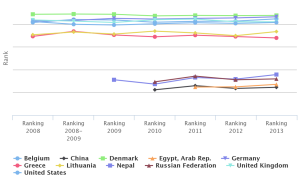On behalf of the Congressional Data Coalition, you are invited to a Transparency and Legislative Data Happy Hour this upcoming Thursday, May 29, from 5ish to 7. We will get started right after the House of Representative’s 2014 Legislative Data and Transparency Conference ends.
Location: Bullfeathers, on Capitol Hill, just south of the Cannon House Office Building, 410 1st Street SE Washington, DC
We will provide (very) light hors d’eouvres and have a spot towards the back of the bar.
Please let us know you’re coming by RSVPing below (or go here).

